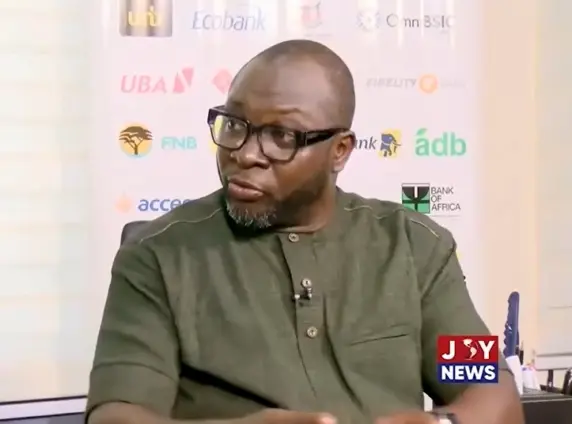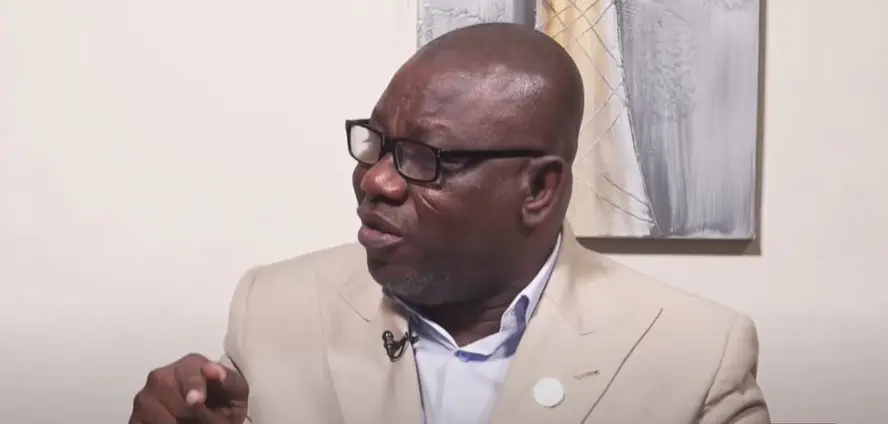The Ghana Cedi, like any currency subject to the ebbs and flows of global economics, is never static. For businesses operating within Ghana and investors eyeing opportunities, anticipating the future value of the Cedi is crucial for strategic planning. Now, a new Cedi Forecast from Fitch Solutions projects that the Ghana Cedi will end 2025 at GH¢15.50 per U.S. dollar. This forecast arrives amidst a landscape of varied predictions, adding another layer of complexity to an already intricate financial environment. Absa Bank, for instance, anticipates a more optimistic GH¢14.00 per dollar by the close of 2025. Understanding the underpinnings of these projections is vital for anyone with a stake in the Ghanaian economy.
Fitch Solutions’ projection of GH¢15.50 per U.S. dollar by the end of 2025 also includes an annual average of GH¢15.30/USD. This Ghana Cedi forecast contrasts with Absa Bank’s estimate by more than a Cedi. At the start of 2025, the Cedi began trading at GH¢15.83 to the dollar. The variation between these forecasts highlights the inherent uncertainties of predicting currency valuations and the range of factors that can influence them.
Fitch Solutions’ Cedi Forecast: The Drivers
Fitch attributes its USD to Cedi forecast to several key factors, primarily the Bank of Ghana’s (BoG) commitment to currency stability, supported by historically high gold prices. According to Fitch, “We expect the BoG to focus on keeping the cedi stable, facilitated by elevated gold prices.” Gold’s significance to the Ghanaian economy cannot be overstated. The commodities team at Fitch anticipates gold prices to average a record US$3,100 per ounce in 2025, marking a substantial 29.7% increase from 2024.
Beyond gold, Fitch also points to Ghana’s current account surplus, which they expect to reach an all-time high of 6.9% of GDP in 2025. “Coupled with a lower energy import bill due to declining oil prices, this will drive Ghana’s current account surplus to an all-time high of 6.9% of GDP [Gross Domestic Product] in 2025,” the firm noted. This surplus, combined with increasing foreign exchange reserves projected to rise from US$6.4 billion to US$11.5 billion, should empower the BoG to manage Cedi volatility effectively. The strengthened external position, they believe, “will enable the BoG to mitigate any bouts of cedi volatility stemming from global risk-off sentiment.”
Recent Cedi Appreciation: A Snapshot
In May 2025, the Ghana Cedi experienced a notable surge, appreciating by 17.17% against the U.S. dollar as of May 19, trading at GH¢13.50 in the retail market. This performance briefly positioned it as the world’s best-performing currency. The Cedi’s appreciation was also reflected in weekly gains, increasing by 2.3% against the U.S. dollar and 3.5% against other currencies during that period. While this appreciation is encouraging, it’s essential to consider the broader economic context and the factors driving these short-term fluctuations.
Implications of the Forecast
The Cedi Forecast carries significant implications for businesses operating in Ghana. Exchange rate fluctuations directly impact import and export costs, influencing pricing strategies and profitability. For investors, both foreign and local, the forecast influences investment decisions, weighing potential returns against currency-related risks. Government policy must also consider these forecasts, balancing economic stability with growth objectives.
In conclusion, Fitch Solutions’ Cedi Forecast 2025 offers valuable insight into the potential future value of the Ghana Cedi, driven by factors such as gold prices, current account dynamics, and the Bank of Ghana’s monetary policy. While the recent appreciation of the Cedi is a positive sign, it’s crucial to acknowledge the inherent uncertainty in economic predictions. Monitoring economic indicators and seeking professional financial advice remains essential for informed decision-making. As with all forecasts, this should be taken as an educated estimate and not a financial guarantee.
Image Source: MYJOYONLINE




















